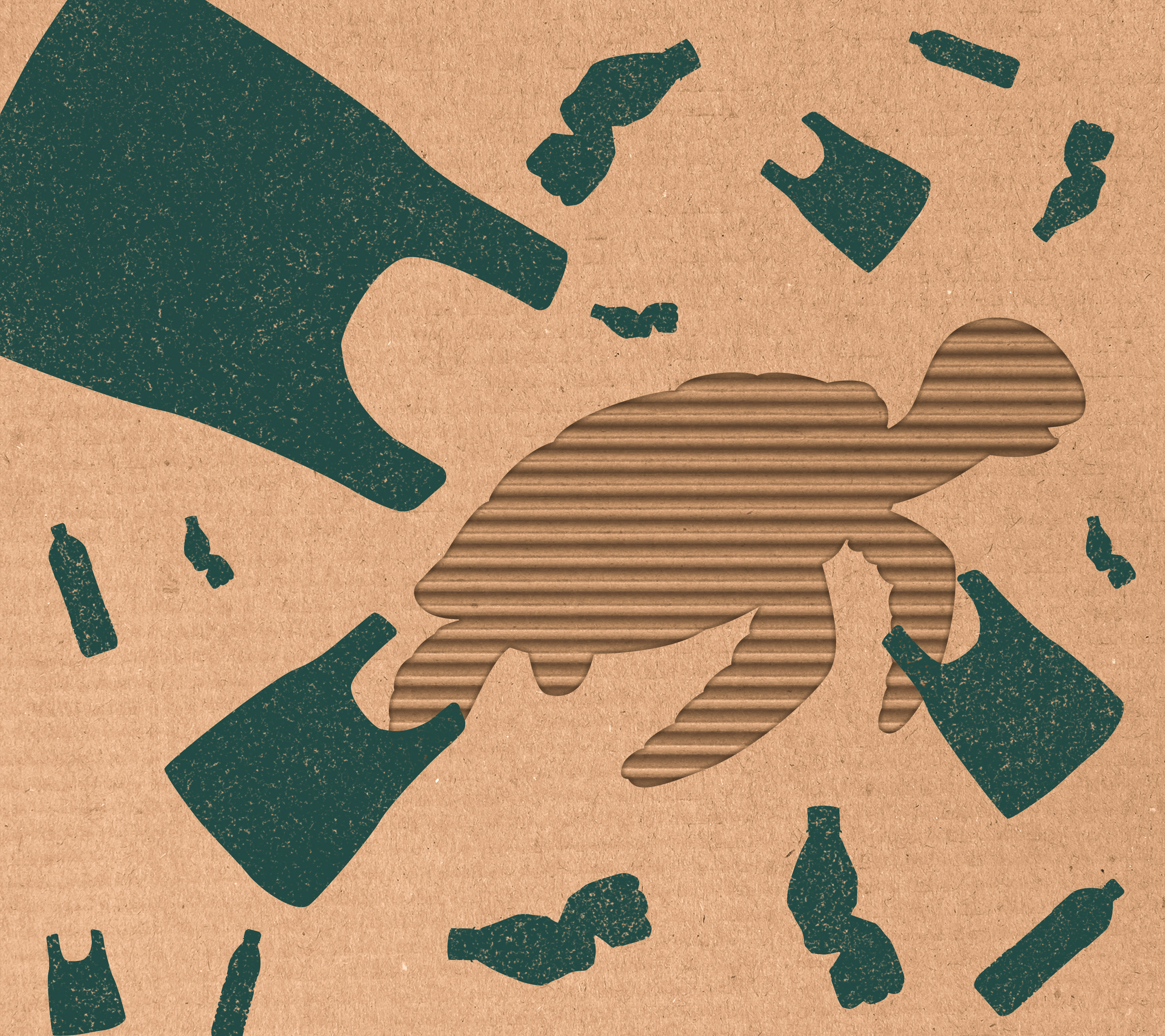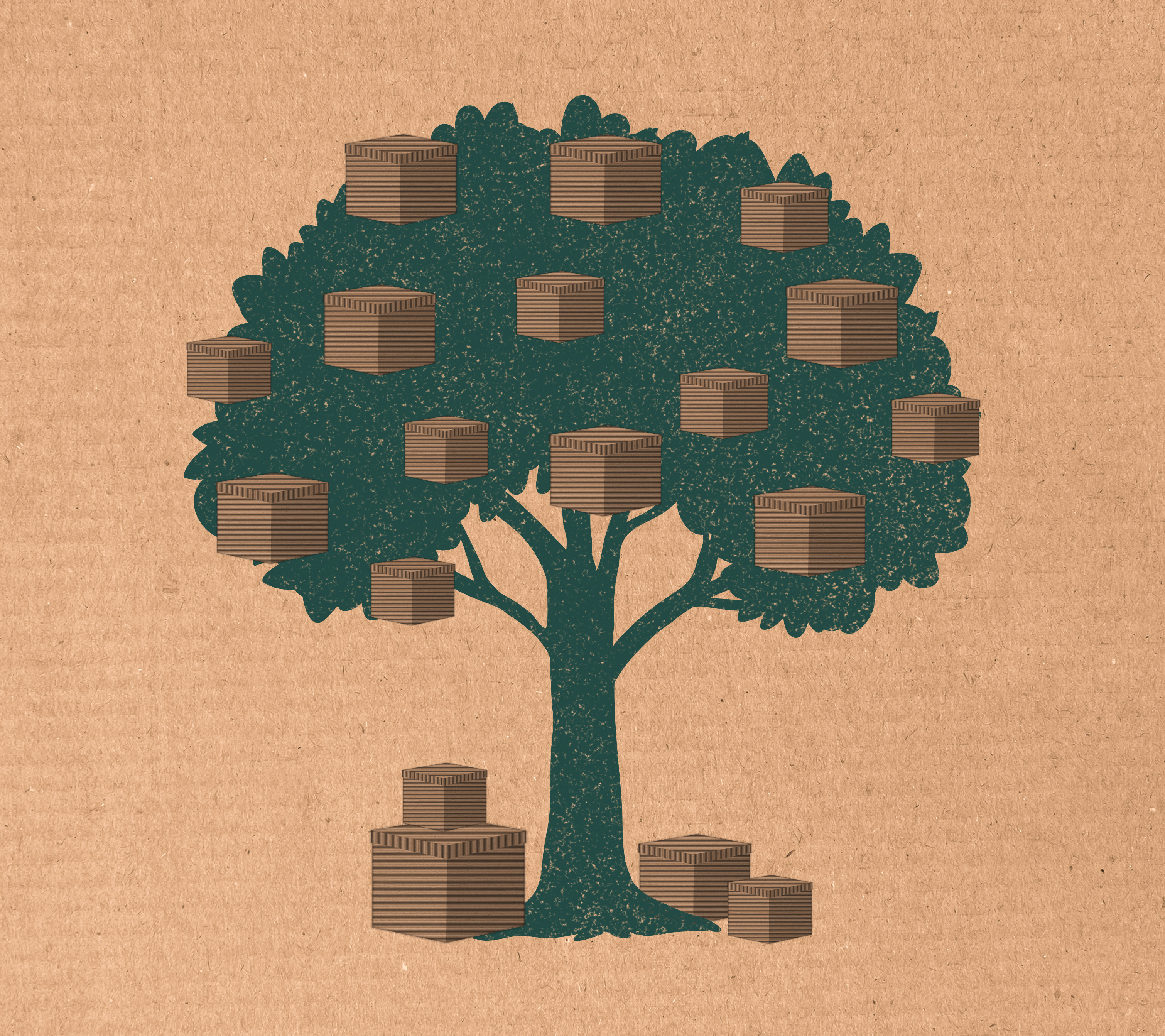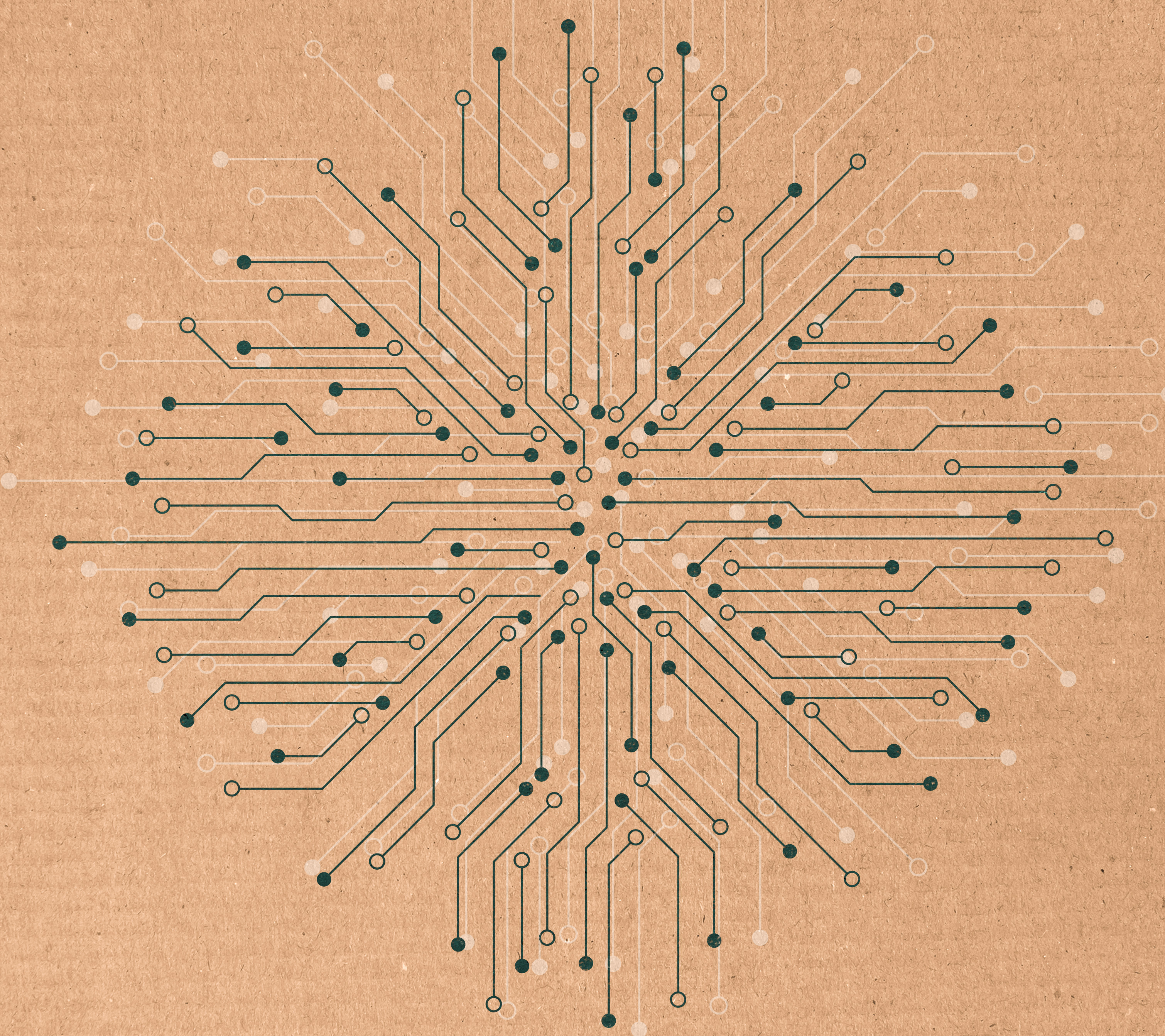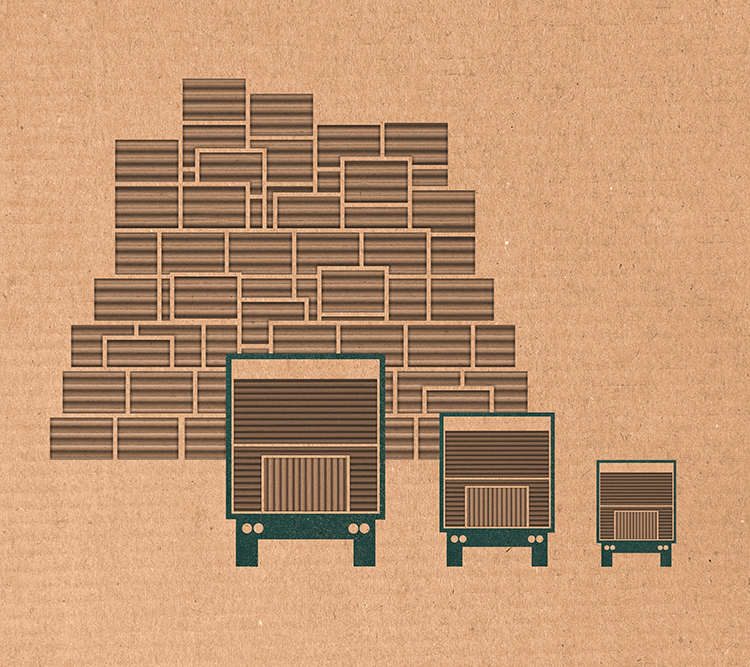A truly sustainable system uses recycled or renewable sources at every stage, from sourcing energy and materials to production and transportation. The products created are designed to be reused, repurposed or recycled.
This system enables a longer product lifecycle, in which natural resources are used more wisely and reused as much as possible. This ideal is called Closed Loop Circularity.
At International Paper, we are working hard to make the ideal of Closed Loop Circularity (CLC) a reality in the design, manufacturing and recycling of our products.
By designing recyclable packaging, building out a recycling network for the collection, distribution, and re-use of fiber-based packaging, and using that material as well as material from sustainably grown forests to make new packaging, we are working toward the goal of CLC.
We call it Sustainability in Motion.®
Let’s take a look at the fiber value chain and see how CLC works.


Sustainable Forests
Circularity begins in the forest. We encourage landowners to adopt sustainable forest management practices in planting, maintaining, and harvesting forestland. Our goal is to buy 100% sustainably managed fiber, and to use both new and recycled fiber to manufacture our packaging solutions.
We are committed to producing the products our customers need while being a responsible steward of the world's natural resources.

Fresh Pulp
Fresh pulp plays an important role in making quality products. Fiber can only be recycled so many times before it starts to break down.
Supplementing recycled fiber with fresh pulp helps protect the structural integrity of our boxes, keeping them strong and high-performance.
Our ForSite™ technology is an innovative mapping system that guides our responsible fiber procurement while helping to ensure we are meeting our conservation goals.

Paper Mills
A Paper Mill transforms fiber materials into large rolls of paper that get coverted into boxes. Our paper mills combine recovered material with new fiber from responsibly managed forests.
Fiber can only be reused so many times before it lacks the structural integrity to be reused.
As one of the worlds largest stewards of new and recovered fiber we have big impact on the circularity of our industry.

Converter
A converter transforms the paper from paper mills into cardboard. Large rolls of paper (also called containerboard) are shipped to our network of converter/box plant facilities. There the rolls of paper are converted into corrugate sheets, then scored and die-cut to be made into the final box.
We design for sustainability, minimizing waste and maximizing the recovery and reuse of materials.

Box Makers
A Box Maker takes the corrugate and makes it into boxes. Sometimes, IP is both the converter and the box maker. We also ship converted products (boxes) to packaging customers who use our cardboard boxes to protect, store, and ship their own products to a variety of commercial entities.
97.7% of International Paper packaging products are recyclable, reusable or compostable.

Box Users
Retailers, grocers, distribution centers and the like receive boxes filled with end-user products. These products are unloaded and the cardboard packaging is discarded. Typically, commercial box users collect the used material into a variety of recycling collection systems, such as balers, compactors, and other smaller equipment options.
Cardboard boxes are the most-recycled packaging material in the U.S with more than 93% recycled in 2022.*
*AF&PA

Recycling Plants
IP collects the recycled cardboard and fiber products and transports it to a recycling plant. There it is sorted by fiber type and baled, and distributed back to a paper mill. The paper mill takes that valuable used fiber and combines it with new fiber to create new fiber-based products once again.
We collect, sort, and process nearly 7 million tons of recovered paper annually.

Context Mapping
Recycling is a component of Closed Loop Circularity. Product design, manufacture, distribution, and logistics also play a part in achieving CLC.
As your closed loop recycling partner, we are eager to work with you to improve your sustainability practices and your sustainability profile. When you want to put sustainability to work for your business, come to International Paper. We are Sustainability in Motion.®
See What Closed Loop Circularity Means
Let's Collaborate on Closed Loop Recycling
At International Paper, we're looking forward to finding new and better ways to help you build your business. We'd love the opportunity to speak with you in greater detail, learn more about your needs and challenges, and work with you to find ways to put the fiber value chain to work to boost your bottom line.




